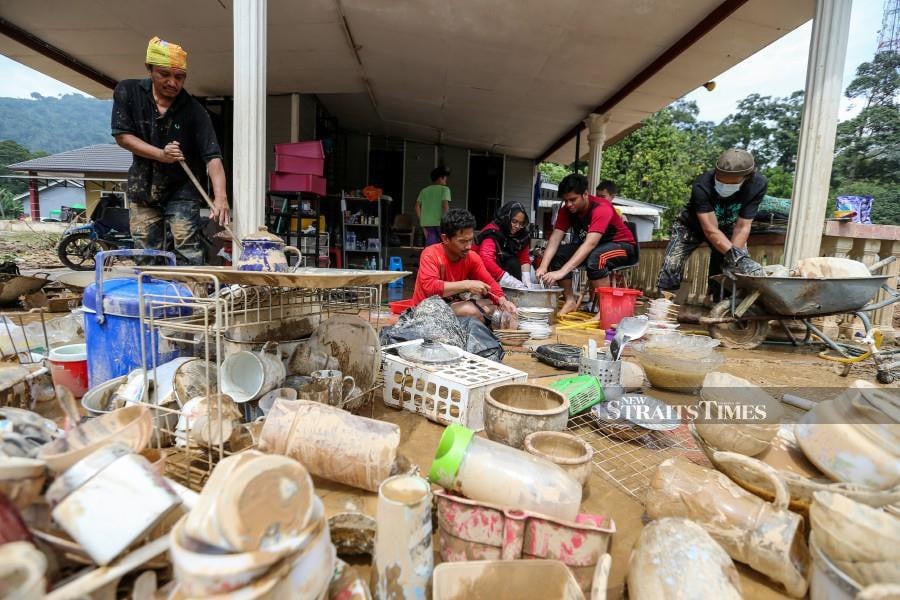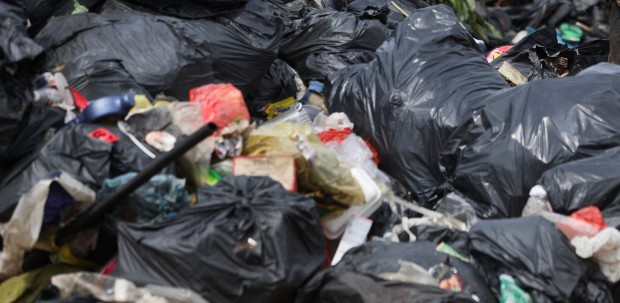KUALA LUMPUR: A total of 200.55 tonnes of bulk flood waste was collected in 13 areas in the city in the last four days following the recent floods.
SWCorp's Federal Territory Solid Waste Management and Public Cleansing Corporation director Ummi Kalthum Shuib said on Monday, a total of 12.09 tonnes of bulk flood waste was collected followed by 46.59 tonnes on Tuesday, Wednesday (61.02 tonnes) and Thursday (80.85 tonnes).
She said the data showed that waste in Kuala Lumpur had increased by at least 300 tonnes daily.
"Previously, the daily average (waste) was 2,200 tonnes but due to the floods, the total waste collected per day reached 2,500 tonnes per day.
"The most (bulk) waste collected at the (flood affected) locations are furniture and electrical equipment," she told Berita Harian, today.
She added that the wastes were transported to the Kuala Lumpur Transfer Station (KLTS) in Taman Beringin, then compacted to be transported via a 'prime mover' or loaded into a 'super roro' before being sent to the Bukit Tagar Landfill.
Ummi Kalthum said an 80-strong manpower from SWCorp, Alam Flora Sdn Bhd (155) and Kuala Lumpur City Hall (70) were involved in disposing the bulk wastes from the flood.
"The collection of flood waste is expected to be completed by Dec 27, but it may continue until Dec 31 as house owners increase their flood-related cleaning.
"(Affected) residents are requested to remove all damaged items by Dec 26 to enable them to be collected," she said.
Ummi Kalthum advised the public to segregate damaged or partially damaged items according to the category, ie separate items that are damaged, while electrical items and damaged batteries are segregated to be disposed of as e-waste later.
He said fabric waste, needs to be washed, dried and collected to be sent to the fabric waste bins.
"Dirty domestic waste or food should be disposed of in green bins, as the collection will be done according to schedule. If mixed with bulk (flood) waste it will damage the bulk waste and cause a strong odour before it can be collected.
"Al-Quran or documents containing Al-Quran verses needs to be dried and sent to nearby mosques and suraus before it can be picked up by SWCorp and disposed of according to the rules," she said.
She hoped that the public would change their attitudes and ways of waste disposal by adopting the Practice of Separation at Source.
"All recycled waste must be separated and removed according to the collection schedule of the respective areas," she said.





